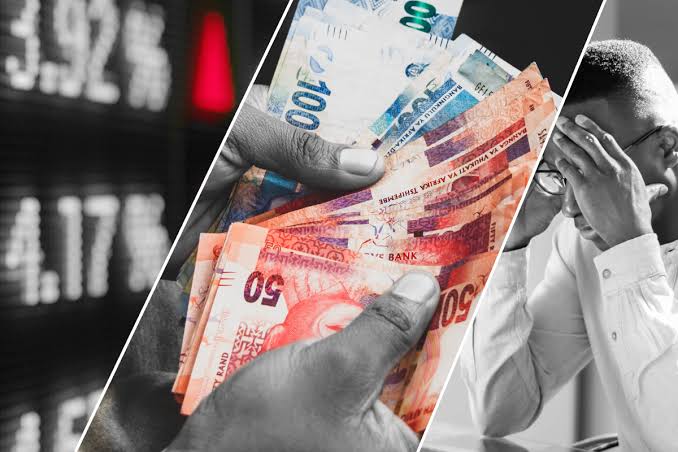Opinion: South Africa’s middle class under siege

Illustrating South Africa’s middle class. Photo Credit- BusinessTech
South Africa’s middle class, long hailed as the engine of post-apartheid prosperity, is buckling under relentless economic pressures, threatening the nation’s social and economic stability. A new report from the University of Cape Town’s Unilever Institute of Strategic Marketing, titled The Shrinking Middle, reveals a 12% contraction in the middle class, households earning R22,000 to R40,000 monthly, since 2019, shrinking from 8.5 million to 7.5 million people. This erosion signals a silent crisis that could unravel the social mobility at the heart of the rainbow nation.
The numbers are grim. The black middle class has dwindled by 15%, outpacing a 9% decline among white counterparts. Driving this collapse is a toxic mix of 5.8% annual inflation outstripping 4.2% wage growth, coupled with 18% hikes in electricity and fuel costs. Youth unemployment, stuck at 45.5%, stifles upward mobility, while R250 billion in national credit card debt, with middle-income households averaging R8,000 in monthly repayments, traps families in a cycle of “aspirational spending” to maintain lifestyles. The report warns that many are sliding into “vulnerable” status, surviving on less than R15,000 monthly.
Economically, the fallout is stark. Flat retail sales in Q2 2025 have dragged GDP growth projections to a mere 0.8%. Socially, a 22% surge in “downward mobility stress” fuels mental health challenges and family strain. Migration trends show professionals fleeing to secondary cities like Bloemfontein, where costs are 30% lower, or abroad, with 120,000 skilled workers lost to Canada and Australia last year, a “brain drain 2.0” that starves innovation, says economist Dawie Roodt.
Yet, resilience flickers. The report notes 35% of middle-class households have embraced side gigs, from ride-sharing to freelancing, boosting incomes by 15% on average. Government’s Social Relief of Distress grant, now extended to March 2026 with R35 billion, cushions the “working poor.” Private sector tools like Yoco have empowered 200,000 micro-businesses, many led by downsized professionals, signaling adaptive potential.
With South Africa’s G20 presidency looming, the report urges bold fixes: tax rebates on education and healthcare to save families R5,000 annually, labour reforms to create 500,000 jobs, and a “middle-class compact” to cap essential price hikes. Without action, the world’s worst inequality (Gini coefficient 0.63) risks sparking unrest by the 2026 elections. South Africa’s middle class isn’t broken, but its cracks demand urgent repair to rebuild a stronger, inclusive nation.

